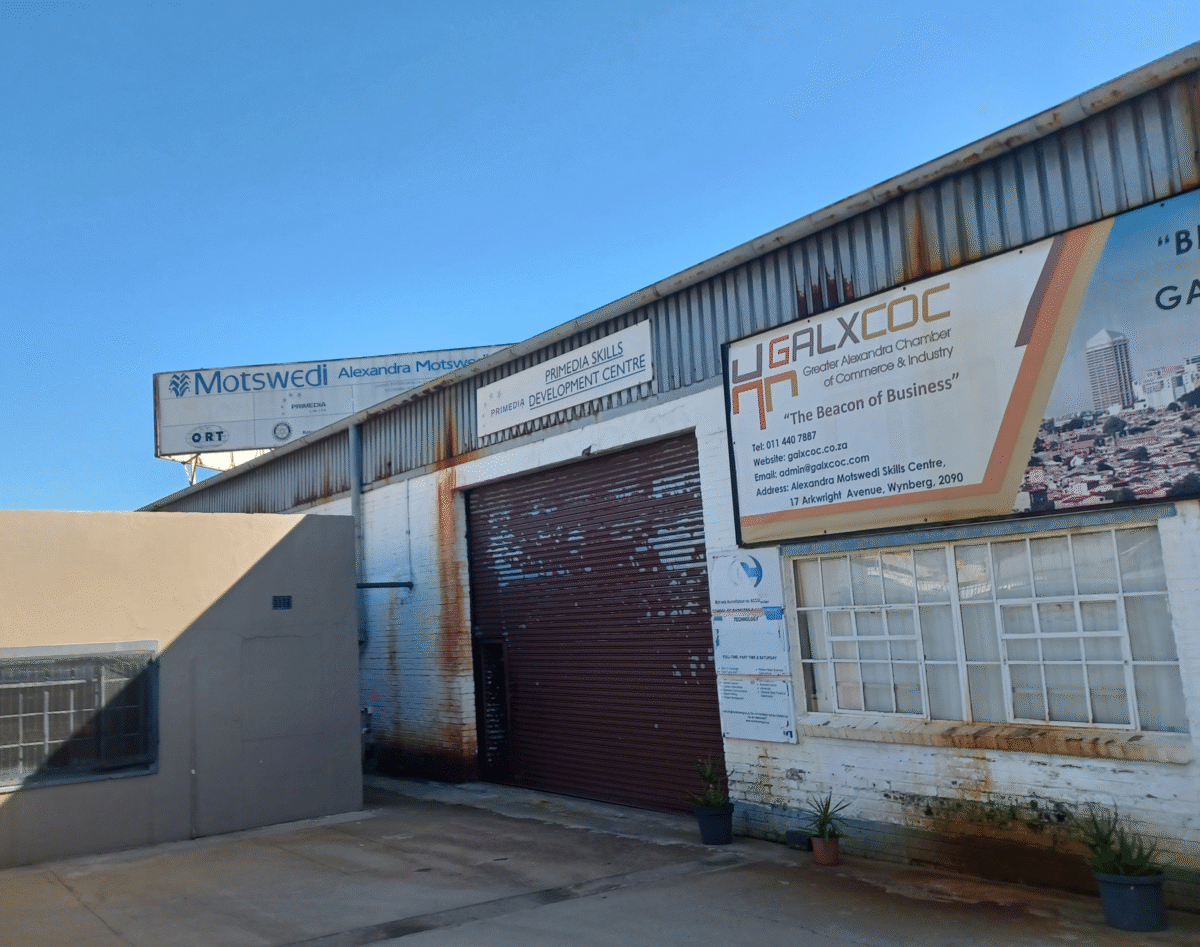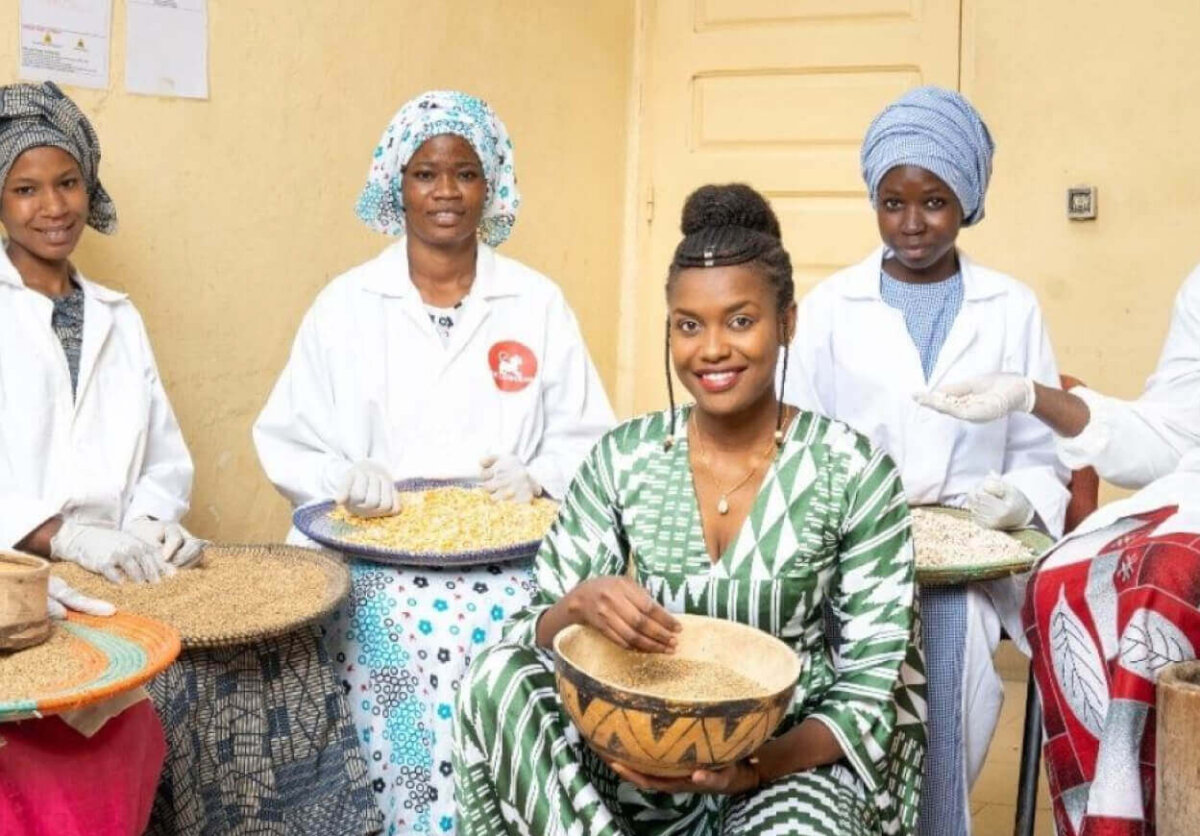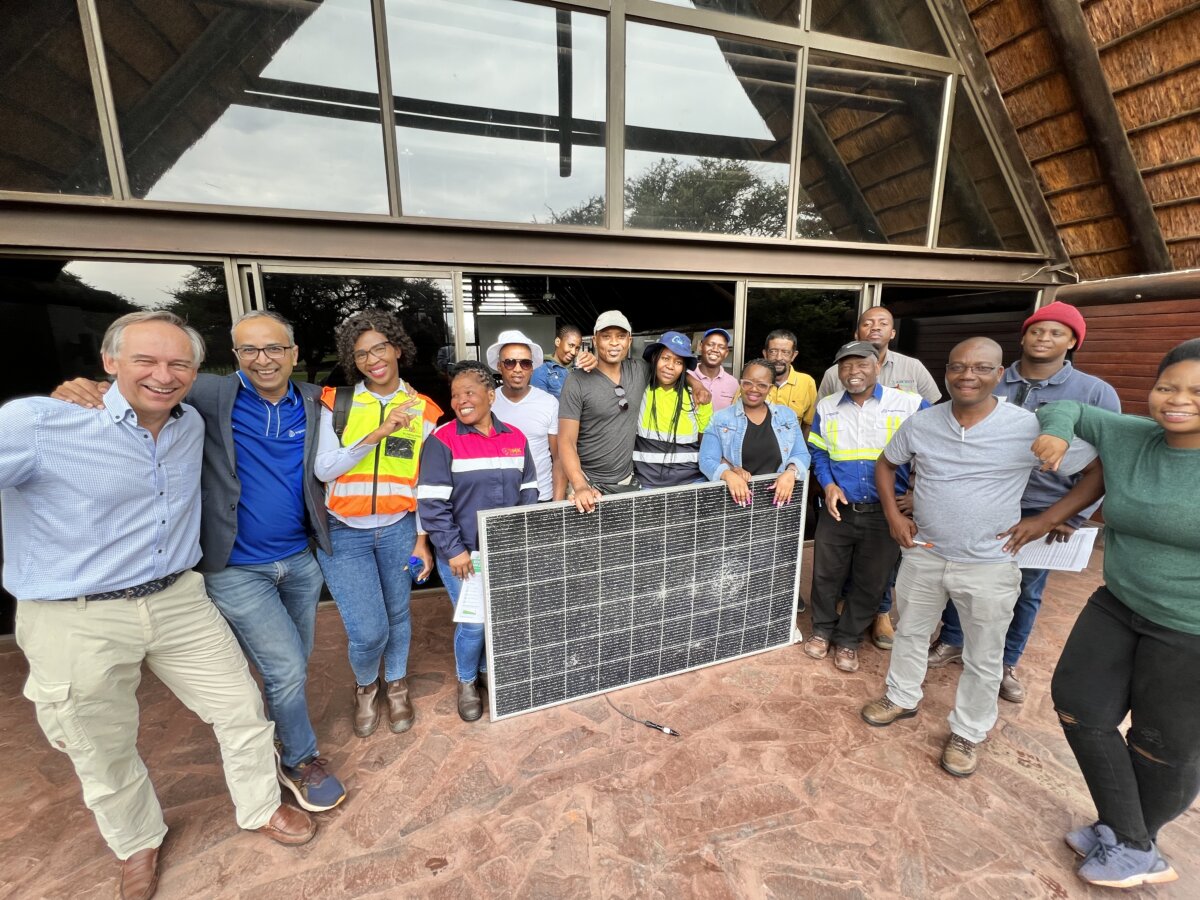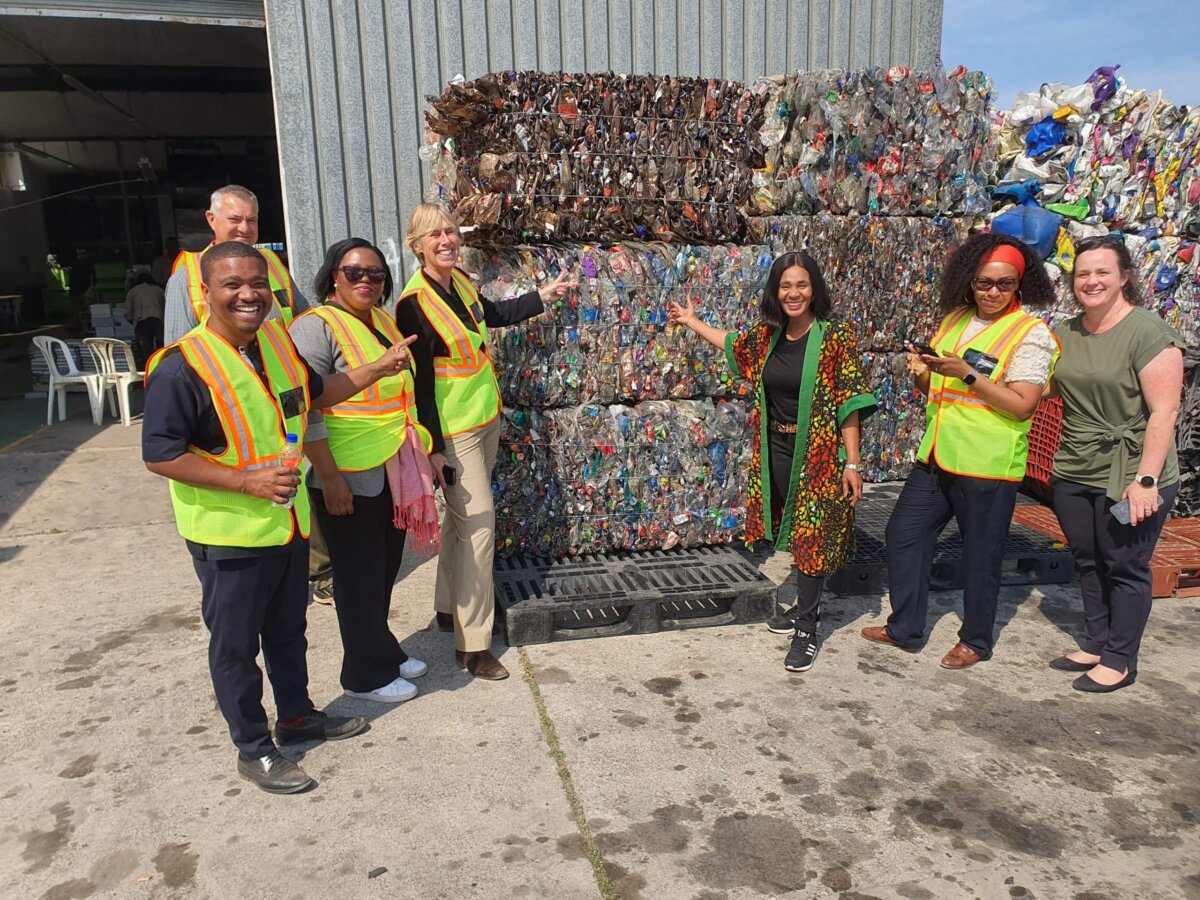- Projects
- Capacity building programme for chambers in South Africa
Capacity building programme for chambers in South Africa

The South African Chamber of Commerce and Industry (SACCI) presents one of the country’s most established business voices. Collaboration between SACCI and PUM laid the foundation for a multi-year national capacity building programme that will strengthen chambers across South Africa in the years ahead. SACCI’s President’s Report 2025 highlights the organisation’s strategic partnership with PUM and the programme designed to support chambers in becoming more resilient, more inclusive and more active in shaping local economic development.
SACCI’s ambition is clear: to cultivate a strong, sustainable and inclusive chamber movement capable of influencing local economic priorities and driving entrepreneurship at grassroots level. Yet many chambers have been under severe pressure. Economic decline, business closures, shrinking resources and limited membership income have made it difficult for numerous chambers to function effectively. The desire to restore stability and build a modern, capable chamber movement led SACCI to invite PUM for collaboration.
Understanding the reality on the ground
SACCI’s request was clear: assess the chamber network’s challenges and translate the findings into a structured capacity building programme. Early in 2025, PUM expert Jaap Docter worked alongside SACCI’s chamber manager Danny Vengedasamy to engage chambers across several provinces. Through interviews, visits and online sessions, the team gained a direct view of the diversity within the network.
Some chambers demonstrated strong governance, clear value propositions and an ability to engage members through services and events. Others faced outdated constitutions, inactive boards, no revenue base and limited service delivery. Many operated with non-paying members and had few opportunities to invest in digital tools or staff capacity.
Despite these obstacles, a strong sense of commitment was evident everywhere. Chambers expressed the wish to support SMEs, create opportunities for women and young entrepreneurs, and build constructive relationships with municipalities and corporates. What they needed was structure, continuity and a realistic path forward.
Building the programme together
Based on the assessment, SACCI and PUM jointly structured a comprehensive capacity building programme, set to roll out from 2026. As highlighted in SACCI’s President’s Report 2025: “One of the most significant developments during the past year has been SACCI’s strategic partnership with PUM. The partnership was established to design and implement a national capacity building programme for local chambers of commerce across South Africa.”
The programme focuses on nine essential areas, including governance, financial sustainability, membership development, advocacy, digital transformation and monitoring and evaluation. It is a long-term initiative built around training, mentoring and peer-learning rather than one-off activities.
Innovative elements enrich the approach. An accreditation model will allow chambers to work towards Bronze, Silver or Gold status. A shared services model will reduce costs for IT, HR and legal support. Dedicated programmes for women and youth will broaden participation and strengthen future membership pipelines. An annual learning and best-practice conference will connect chambers across the network, encouraging cooperation and innovation.
Early signs of change and future impact
Although implementation is still ahead, the process has already encouraged reflection and renewal. Several chambers have begun revising governance documents, mission statements and service offerings. SACCI itself has taken a clearer anchoring role, offering direction and renewed commitment to long-term engagement.
In the coming years, stronger chambers are expected to expand their membership base, stabilise revenue streams and create more opportunities for SMEs. These developments may generate improved business services, higher employment potential and increased participation of women and youth in local economies. Stronger advocacy could also give local businesses a more influential voice in municipal and regional decision-making.
Environmental themes such as energy transition and waste management, raised repeatedly during the assessment, are likely to form part of future chamber initiatives, creating new opportunities for sustainable enterprise and community benefit.
Interested in this project? Get in touch with
Lex van der Mey
Representative South Africa, Mnandi; Region Johannesburg








